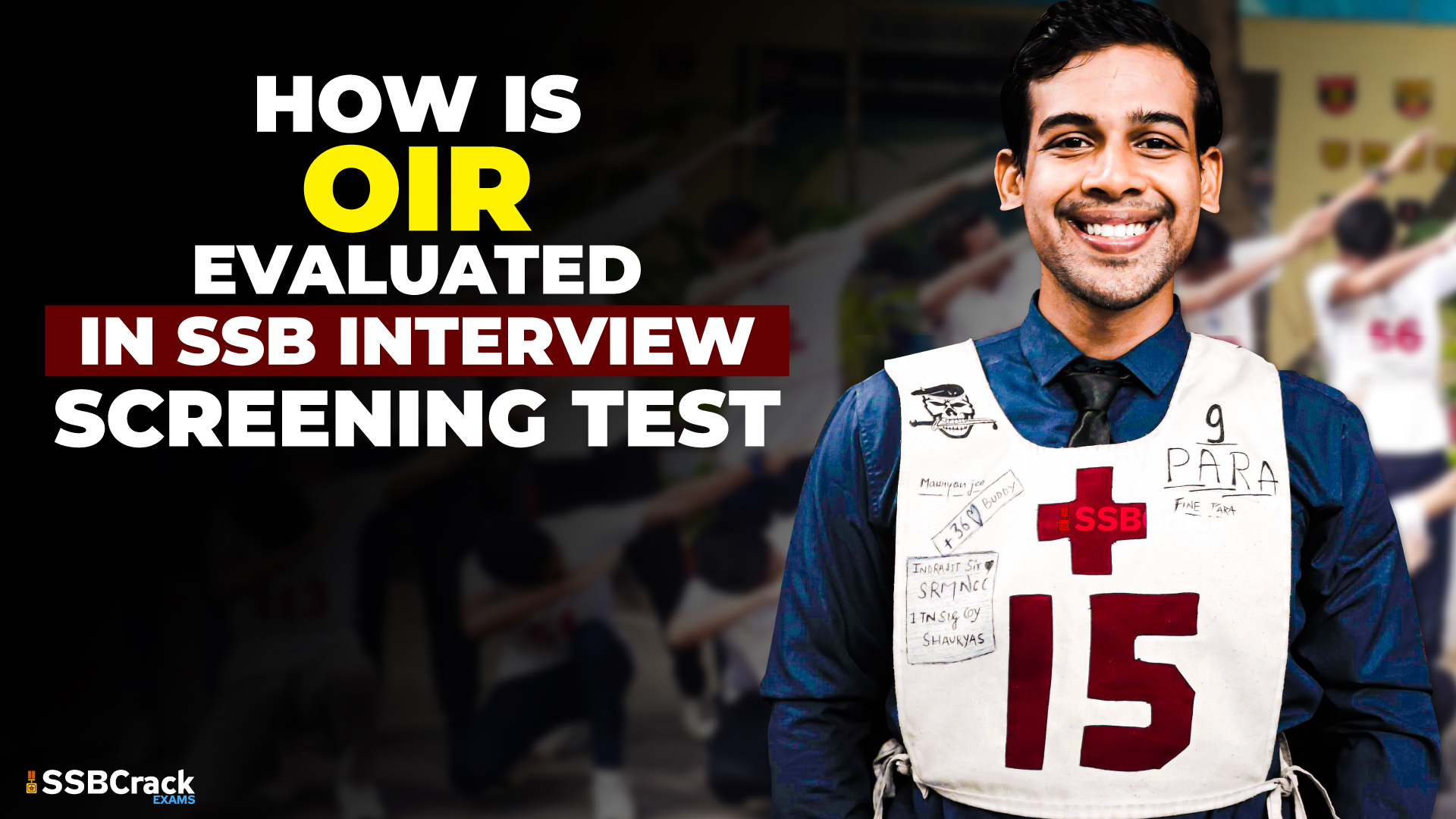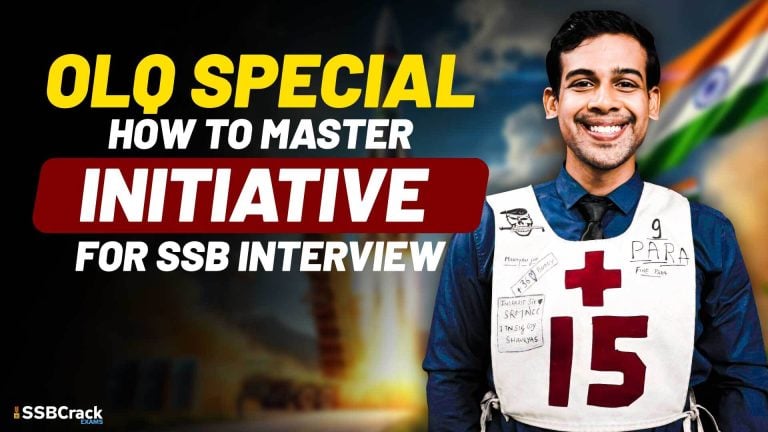Officers’ Intelligence Rating (OIR) Test is a pivotal component of the Services Selection Board (SSB) interview process, acting as a litmus test for candidates aspiring to become officers in the Indian Armed Forces. While candidates invest substantial effort in preparing for the OIR Test, understanding how the test is scored is equally crucial. This article aims to shed light on the scoring system of the OIR Test, providing valuable insights for candidates seeking success in the SSB interview.
Components of the OIR Test:
The OIR Test comprises two sections – the Verbal Intelligence Test (VIT) and the Non-Verbal Intelligence Test (NIT).
- Verbal Intelligence Test (VIT):
- The VIT evaluates a candidate’s verbal reasoning and comprehension skills. It includes tasks like sentence completion, analogy completion, and logical deduction.
- Each correct answer in the VIT contributes to the overall score, with varying weights based on the difficulty level of the question.
- Non-Verbal Intelligence Test (NIT):
- The NIT assesses spatial intelligence and abstract reasoning. It involves tasks such as identifying patterns, completing series, and solving non-verbal analogies.
- Similar to the VIT, correct answers in the NIT contribute to the overall score. The scoring system considers the complexity of each question.
Scoring System:
The OIR Test is designed to gauge a candidate’s cognitive abilities, problem-solving skills, and adaptability under pressure. The scoring system is not just about the number of correct answers but also takes into account the accuracy, speed, and strategic approach of the candidate.
- Correct Answers:
- Each correct response earns the candidate a certain number of points. The points may vary based on the difficulty level of the question, with more challenging questions carrying higher weights.
- It is essential for candidates to focus on accuracy, as incorrect answers may result in negative marking, impacting the overall score.
- Time Management:
- Efficient time management is a crucial aspect of the scoring system. Candidates are expected to solve a specific number of questions within a given time frame.
- Points may be deducted for unanswered questions or for exceeding the allotted time, emphasizing the importance of balancing speed and accuracy.
- Pattern Recognition:
- The NIT heavily emphasizes pattern recognition and spatial intelligence. Candidates who excel in identifying patterns and solving non-verbal puzzles are likely to receive higher scores in this section.
- Scoring also considers the ability to grasp and interpret complex non-verbal information accurately.
- Adaptability and Mental Agility:
- The OIR Test assesses a candidate’s ability to adapt to changing scenarios and think on their feet. Points are awarded for quick and accurate decision-making in response to different types of questions.
- Demonstrating mental agility and flexibility in problem-solving contributes positively to the overall score.
Conclusion:
Understanding the scoring system of the Officers’ Intelligence Rating (OIR) Test is essential for candidates aiming to excel in the SSB interview. By focusing on accuracy, time management, and the ability to recognize patterns, candidates can optimize their performance and enhance their chances of success. Aspiring officers should approach the OIR Test not just as a series of questions but as an opportunity to showcase their cognitive prowess and decision-making skills, ultimately leading them one step closer to realizing their dream of serving in the Indian Armed Forces.





















